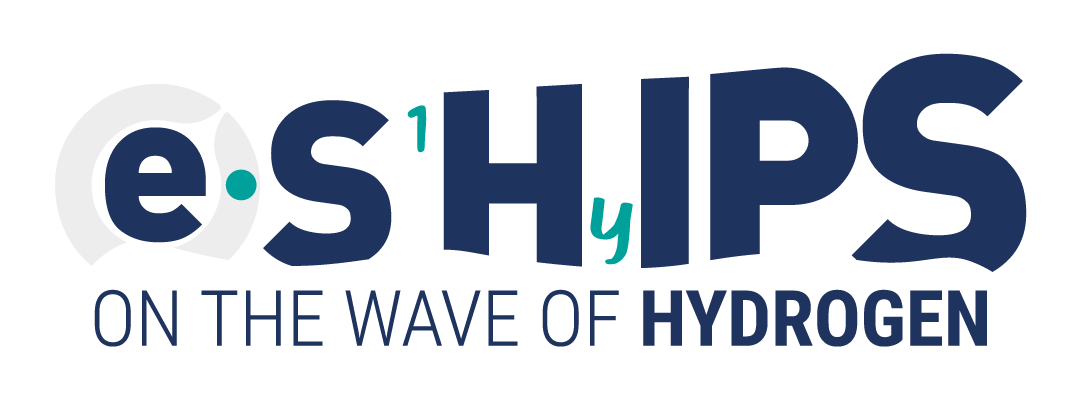Proton Motor Fuel Cell GmbH
Country
Germany
Main Contact
Thomas Wannemacher
t.wannemacher@proton-motor.de
+49891276265 -60
Proton Motor Fuel Cell GmbH
Country
Germany
Main Contact
Thomas Wannemacher
t.wannemacher@proton-motor.de
+49891276265 -60
Description
For more than 20 years, Proton Motor has been Germany`s expert in climate-neutral energy generation with Cleantech innovations and in this field, it has specialised in emission-free hydrogen fuel cells developed and manufactured in-house. The corporate focus is on stationary applications such as emergency power for critical infrastructures and mobile solutions such as back-to-base applications. In addition, the customised or standard hybrid systems are used in the automotive, maritime and rail sectors. The new automated series production plant was put into operation in September 2019.
Proton Motor customers profit from the innovative development company’s cleantech competence. It enables the development of future-ready products, as well as the use of modern technologies. Thanks to expertise in integrating fuel cell technology into complete systems, Proton Motor’s services go far beyond the system interfaces. The company supports its customers as a project partner in the planning and implementation phases with design, testing, commissioning and servicing, as well as certification and third-party acceptance. This is how optimal system integration is ensured.
Climate change is currently the greatest challenge facing humanity. The burning of fossil fuels is markedly heating the planet. Because of this, the energy transition is necessary. Early on, Proton Motor Fuel Cell GmbH understood the urgent need for alternative energy sources. It has been a pioneer in the development and implementation of innovative technologies for more than 20 years, and with flying colours. Proton Motor wants to shape and maintain the world of tomorrow through sustainable energy solutions in the mobile and stationary sectors.
In addition to CO2-neutral fuel cell solutions, the internationally active technology market leader from Bavaria also offers battery-powered uninterruptible power supply (UPS) via its “SPower” product line. The company, which currently employs almost 100 people under the CEO management of Dr Faiz Nahab, is a wholly owned operating subsidiary of “Proton Motor
Power Systems plc”, based in Newcastle upon Tyne, England. Since October 2006, the parent company’s “green energy” share has been listed on the London Stock Exchange with simultaneous trading in Frankfurt/Main (ticker symbol: “PPS” / WKN: A0LC22 / ISIN: GB00B140Y116).
Main infrastructure
Proton Motor is well equipped for develop, produce and market fuel cell system for stationary, mobile and maritime applications, regarding their special requirements. Furthermore a large testing capacity is available for a wide range of fuel cell stack, fuel cell components and complete system characterisation:
- 6000 m² facility for development, test and production
- Automated stack manufacturing plant ready for mass manufacturing (developed in scope of a EU-funded project “Fit-4-AMandA”, see figure 1)
- 8 proprietary stack test benches + 4 FAT benches (see figure 2)
- 6 outdoor system test stands
- 4 component test benches
- Test lab for material qualification
- Cooling chamber for climate test
- 75 m³ / 40 bar hydrogen tank
- Mechanical and prototype workshop
Related project
ZEMSHIPS
(partner 2007)
Validation and deployment of a Zero Emission Fuel Cell Ship with capacity for approx. 100 passengers. Project partners were ATG, Linde, German Lloyd, City of Hamburg, Proton Motor Proton Motor was responsible for the complete propulsion system of the ship. The ship was certified by Germanischer Lloyd (GL) and was operated since summer 2008. In approx. 4’000 operating hours more than 50’000 passengers were transported.
SURF ‘N’ TURF Project
(fuel cell supplier)
EU funded (FCH-JU) 2016
Clean Energy solution with wind and tidal power combined with FC and electrolyser for the Orkney Islands in northern Scotland (UK). Electrical energy supply on demand for ships and load at Kirkwall Harbour facilities. Additionally designated as training centre for maritime fuel cell applications. Proton Motor scope was a PM Container with 75 kW net FC power output (powered by three HyRange®25 kW systems).
REVIVE
(partner)
EU funded (FCH-JU) 2020
Clean Energy solution with wind and tidal power combined with FC and electrolyser for the Orkney Islands in northern Scotland (UK). Electrical energy supply on demand for ships and load at Kirkwall Harbour facilities. Additionally designated as training centre for maritime fuel cell applications. Proton Motor scope was a PM Container with 75 kW net FC power output (powered by three HyRange®25 kW systems).
Fit-4-AMandA
(technical coordinator)
EU funded (FCH-JU) 2016
Future European Fuel Cell Technology: Fit for Automatic Manufacturing and Assembly, Objectives: Optimisation of a fuel cell stack, development and build-up of an automated stack manufacturing and integrate a so produced stack into a duty vehicle.
FC ThermoSense
(partner)
Austrian Funded (FFG) 2019
Dynamic control and regulation of fuel cell systems with virtual sensor technology and innovative thermal management.
StasHH
(partner)
EU funded (FCH-JU) 2021
Standard-Sized Heavy-Duty Hydrogen. The StasHH project aims to develop a European standard for fuel cell modules in heavy-duty transport. This includes beside land based systems also maritime applications. The standardisation includes physical dimensions, media and digital interfaces, test protocols and safety requirements. The project should thus enable future cost reductions and mass production.
GENESIS
(partner)
EU funded (ClearSky2 JU) 2021
Gauging the ENvironmEntal Sustainability of electric aircraft Systems. The purpose of the GENESIS project is to gauge the environmental sustainability of electric aircraft (A/C) in a foresight perspective and provide a technology roadmap for transitioning towards sustainable and competitive electric A/C systems. A focus on regional class, 50 pax aircraft is considered to identify, design and assess prospectively the best energy storage and transmission topology. Different alternatives within battery, fuel cell, hybrid and conventional powertrain technologies will be evaluated and compared according to different time horizons.


